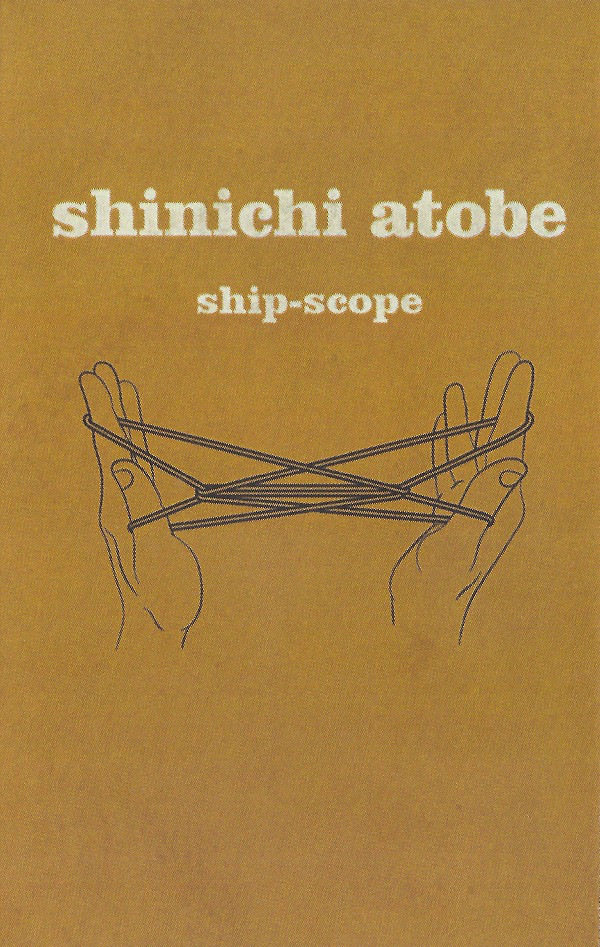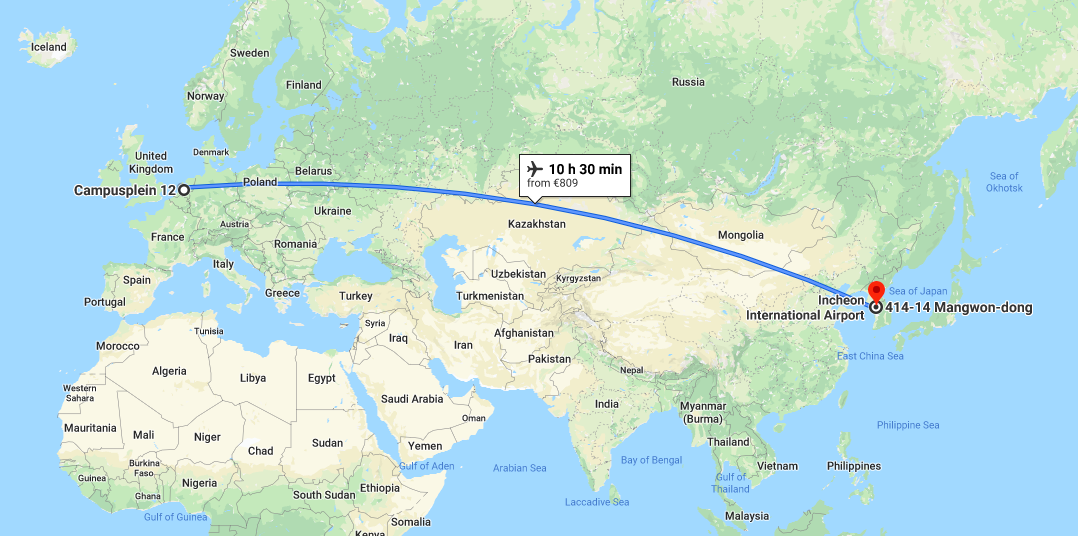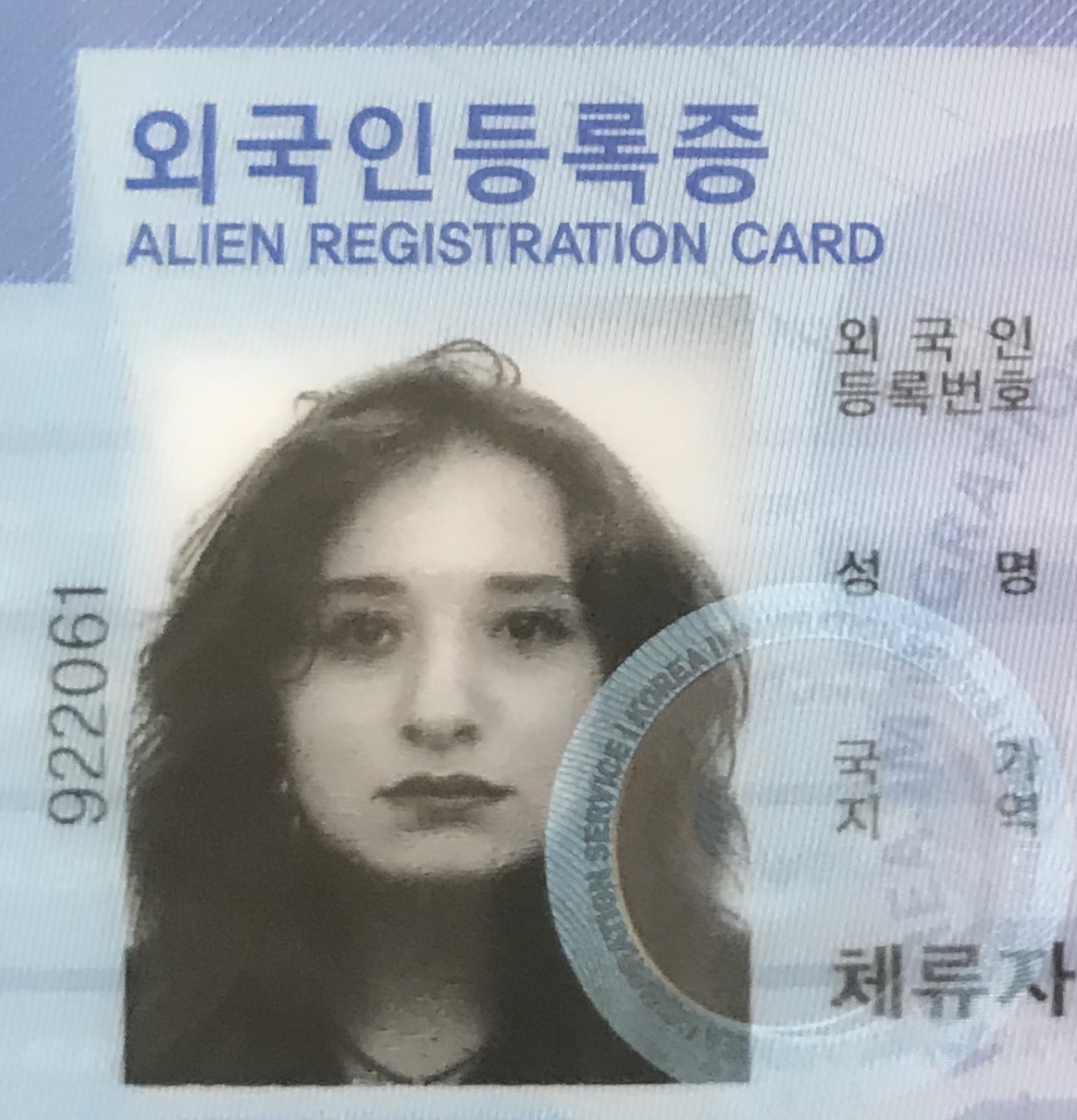Ship-Scope / Seoul
I heard Ship-Scope for the first time in my favorite gallery, Offstate, in Seoul. I was friends with both of the people who worked there but I also really looked up to them and probably had crushes on them too. They were a couple, named J* and Y*. They were really beautiful and we had everything in common. J had studied sound design in Chicago, because he loved Chicago House so much. Before that he had been at a boarding school in Conneticut where he had loved the Clash. I thought this was especially cool, given that I had absurdly spent two weeks learning about DNA Science at a boarding school in Conneticut when I was 14.
Most of our interactions involved myself making up an uncomfortable excuse to enter their store, this pretense quickly dropping, and then speaking with them for an hour or two. It was always quite a big deal for me, and yet I only ever went spontaneously; biting the bullet before I could think about it too much and feeling like I was making a fool of myself the first few minutes there. We only really spent time together outside of this context once. I still had two essays to write and had said goodbye to Talvikki, leaving Seoul for good, and had to leave for the airport at 5am myself the next day, to catch my flight to Tokyo. Still, I met them at 9pm for dinner in Mangwon. They paid for me while I was in the bathroom, a gesture I should have anticipated. They convinced me to come with them to Hannam-dong, which, regardless, was my second favorite neighbourhood in Seoul after my own.
We shared a cab, spoke a bit about Fellini. Taking a cab was always something I absolutely loved about Seoul. The highway on the Han river between Mangwon and Itaewon felt like a neat ribbon wrapped around the northern half of the city, and the combination of the elevated roads, the river, and the reliably cheap cab-fare lent itself wonderfully to earnest back-seat contemplation. I didn’t know what I had expected, but it wasn’t what we arrived to: J’s studio, shared with two or three of his friends. I still have not fully processed it, and only begin to understand the significance of everything inside. The thing is that they were people who valued significance, history, and context, which meant that they had excellent taste and everything meant far more than it appeared to. Their relationship to space was beautiful; their art and the objects they filled their store with so casually purposeful – the right balance between impulse and insight. This handling of meaning in objects, whether they be physical or conceptual, I really loved and resonated with. Being someone who feels like they spend their nights chasing references, it was jarring to be dropped into a room of someone else's accumlated knowledge, years and years ahead of me, down a path I couldn't easily find or replicate. Every famous piece of equipment I knew of was there, the Roland TR–808 and TR–909 being the only objects I vaguely understood.
I don’t think I’ve ever met people I genuinely found cooler. When I hear this album, especially the last track The Red Line, I think of my own memories and of them. I think of warmth and comfort and grace. A purposeful and gentle approach to expression. Nothing too aware of itself, just something that is. It was a song I loved instantly, everything about it was immediately perfect to me. This doesn’t happen rarely, but it happens rarely enough to treasure. Thank you Chain Reaction. Thank you Shinichi Atobe. Thank you Robert Henke. Thank you everything I don’t yet understand but will someday discover and love.


